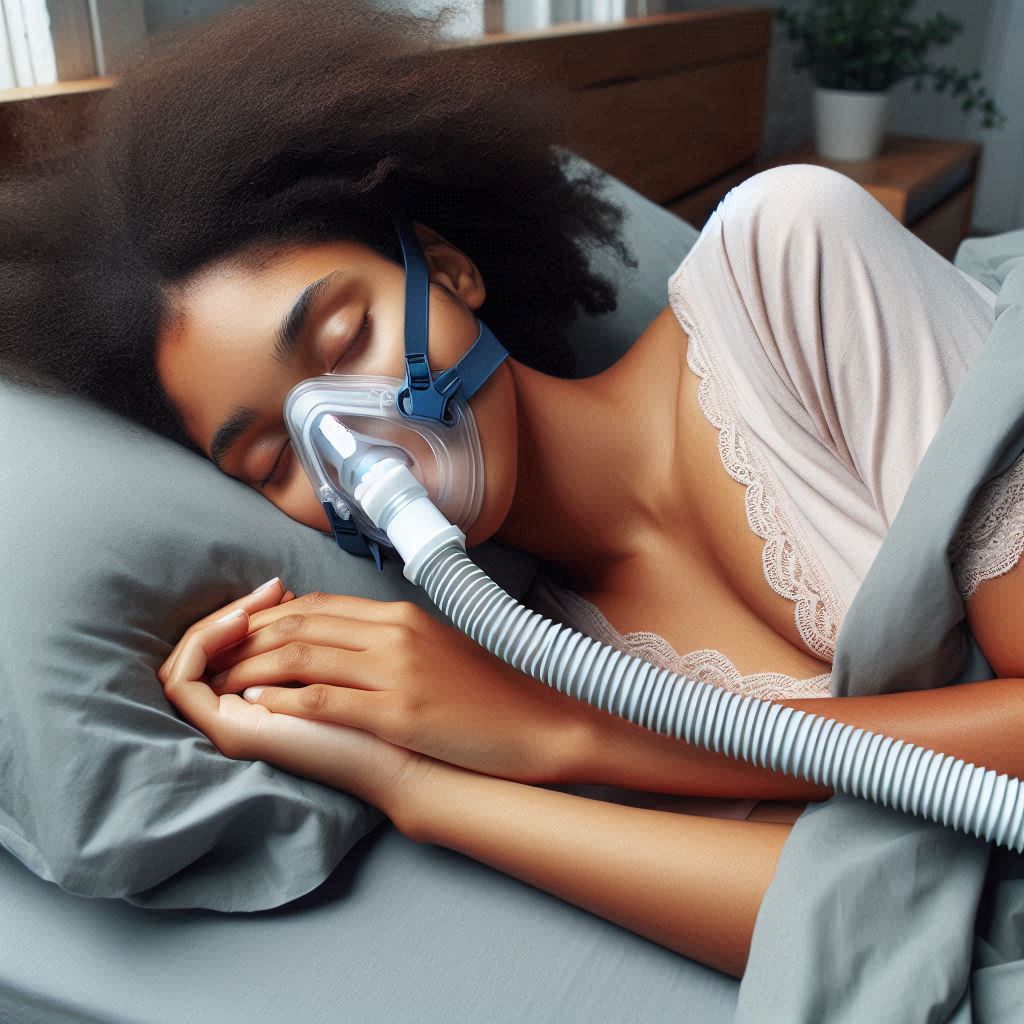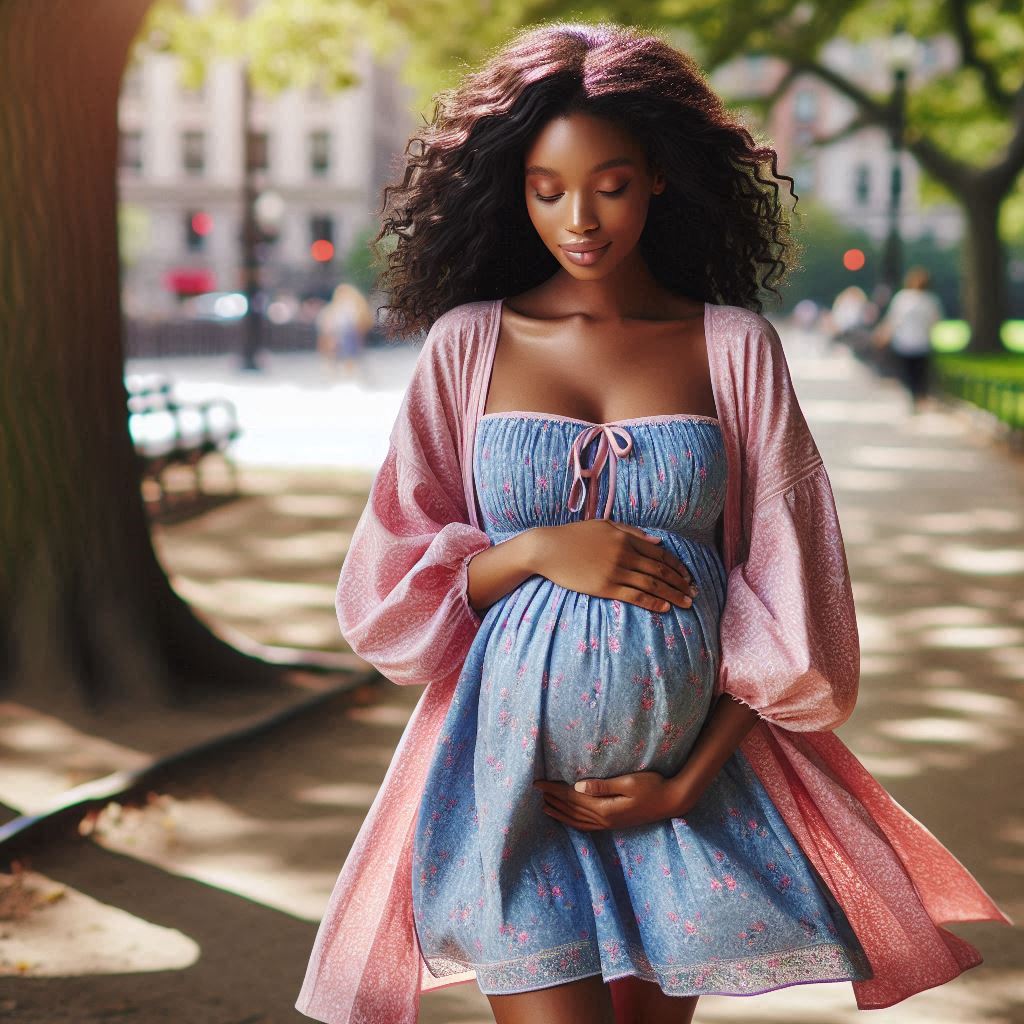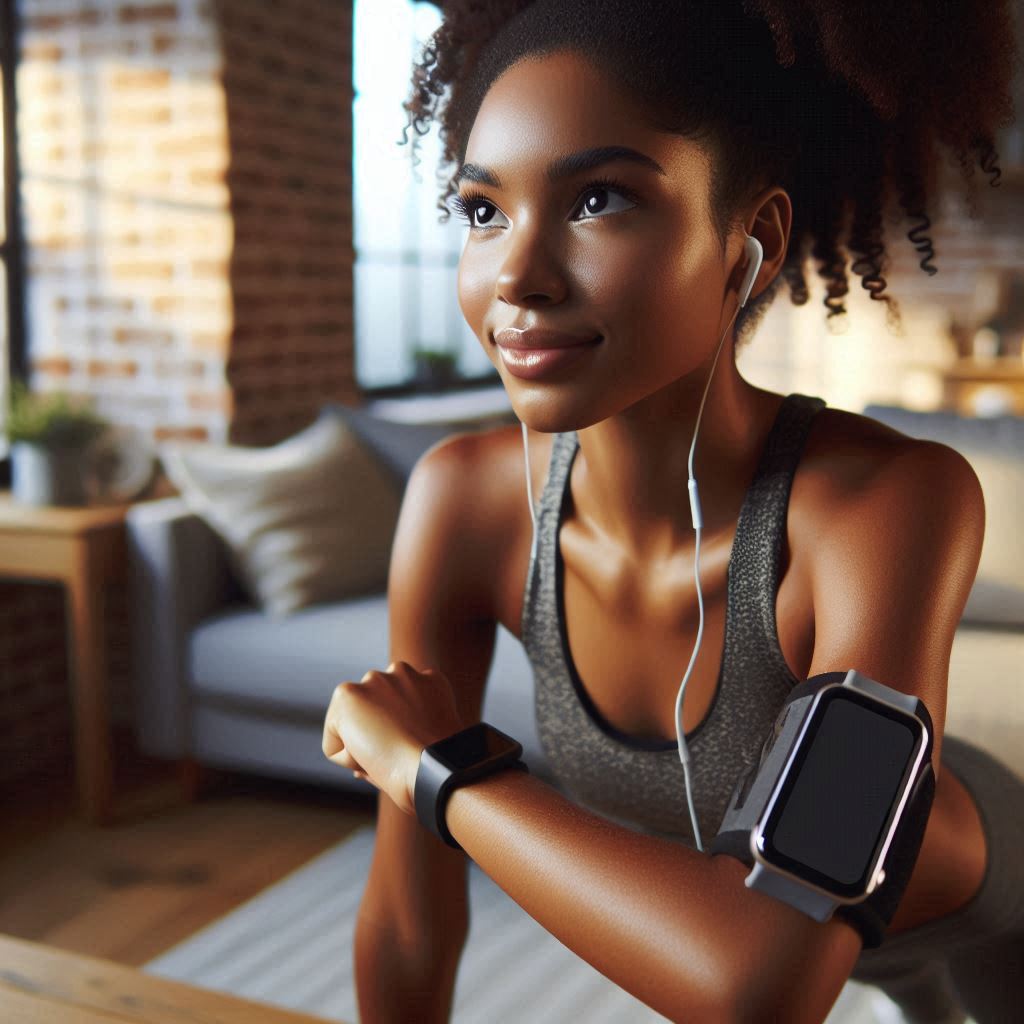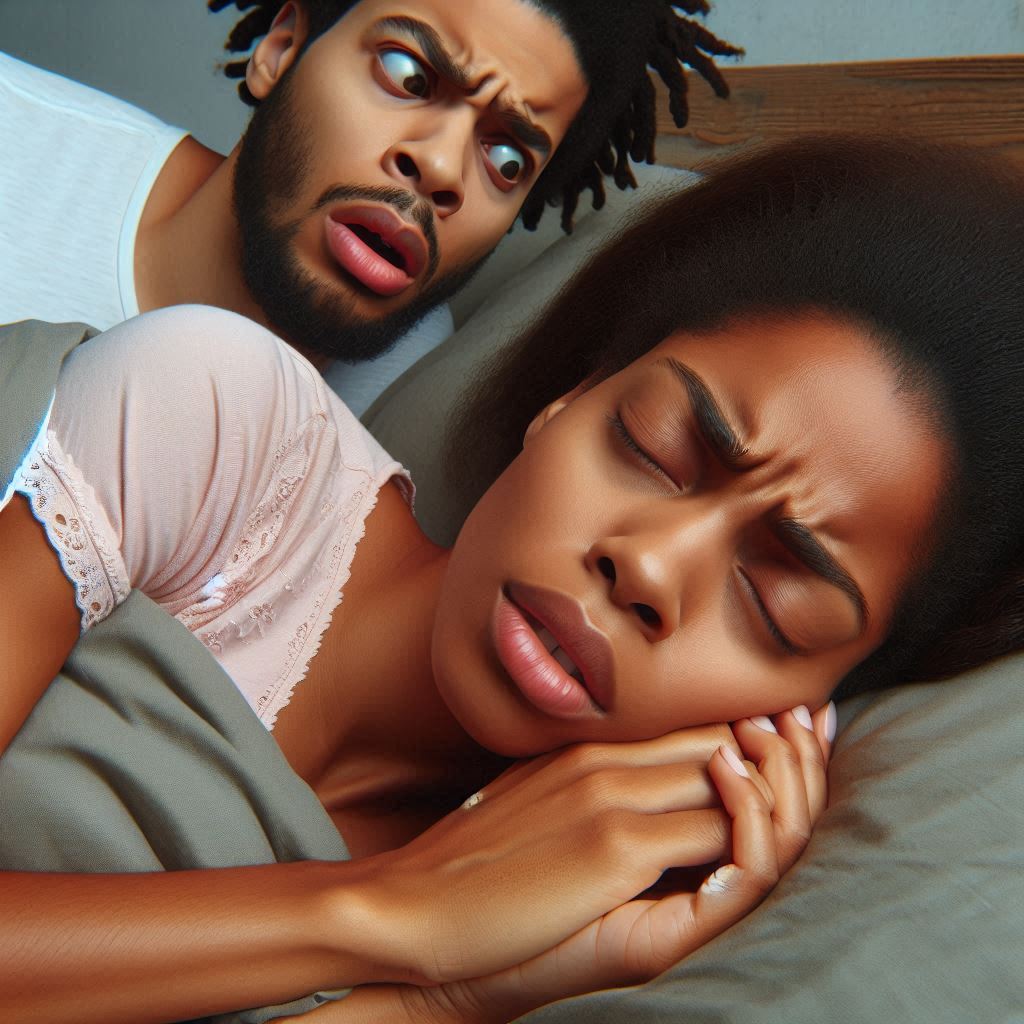
by Tara E. l March 20, 2025
When people think of sleep apnea, they often picture an older, overweight man snoring loudly. But what if we told you that Black women are just as likely—if not more likely—to suffer from this condition? The problem is, they are often overlooked, undiagnosed, and undertreated. Sleep apnea in Black women is a serious health issue, yet too many women struggle without answers, often misdiagnosed with conditions like stress, depression, or anxiety.
So, why are Black women slipping through the cracks when it comes to diagnosis and treatment? Let’s explore the gender gap in sleep apnea research and healthcare and how it disproportionately affects Black women.
Listen to the Podcast Tired but Wired
The Stereotype of Sleep Apnea Patients
For years, sleep apnea research has focused primarily on men. Because of this, doctors receive training to look for classic symptoms—loud snoring, choking during sleep, and daytime fatigue—mostly in male patients. However, women, especially Black women, often experience different symptoms, such as:
- Chronic fatigue without loud snoring
- Headaches in the morning
- Insomnia or restless sleep
- Waking up gasping for air without realizing why
- Mood swings, anxiety, or depression
Since these symptoms don’t fit the typical “sleep apnea profile,” Black women are more likely to receive a diagnosis for stress-related conditions, delaying proper treatment.
The Medical Blind Spot: Why Black Women Are Undiagnosed
1. Lack of Research on Women’s Sleep Apnea
Most sleep apnea studies have been conducted on men, meaning that much of the medical understanding is based on male symptoms and body types. This creates a gender gap in the diagnosis and treatment process. Women, especially Black women, tend to have:
- Smaller airway structures that make apnea harder to detect
- Different fat distribution, which impacts airway obstruction differently than in men
- Hormonal influences (like menopause) that affect sleep apnea risk
2. Healthcare Bias and Misdiagnosis
Studies show that women are less likely to receive a referral for sleep studies than men, even when they report symptoms. Many Black women seeking help for sleep problems are told their fatigue is due to:
- Stress
- Depression or anxiety
- Weight gain
- Poor sleep hygiene
This means that instead of getting a sleep study for sleep apnea in Black women, many receive antidepressants, diet advice, or basic advice, such as “relax.”
3. Barriers to Accessing Sleep Studies
Even if a Black woman recognizes her symptoms and wants to complete testing, however, barriers can still stand in the way, such as:
- Lack of referrals for sleep studies from primary care doctors
- Long wait times for sleep clinics in underserved areas
- Expensive sleep tests that do have insurance coverage
- Hesitancy to undergo overnight sleep testing due to discomfort or mistrust in the medical system
The Dangers of Ignoring Sleep Apnea in Black Women
When sleep apnea in Black women goes undiagnosed, the risks are life-threatening. Untreated sleep apnea has been linked to:
- High blood pressure & heart disease – Lack of oxygen strains the heart.
- Increased risk of diabetes – Poor sleep affects insulin resistance.
- Memory problems & brain fog – Chronic sleep deprivation damages brain function.
- Pregnancy complications – Black women already face higher maternal health risks.
- Shorter lifespan – Studies show untreated sleep apnea leads to higher mortality rates.
How Black Women Can Advocate for Themselves
📢 Recognize the symptoms – If you have daytime fatigue, trouble concentrating, or poor sleep, push for answers.
🩺 Ask for a sleep study – If your doctor dismisses your concerns, request a referral to a sleep specialist.
😴 Track your sleep – Use a sleep diary or app to document patterns, snoring, and waking episodes.
👩🏽⚕️ Find a doctor who listens – If your symptoms are ignored, don’t be afraid to seek a second opinion.
💬 Talk about it – The more Black women discuss sleep apnea, the more awareness grows in the community.
Final Thoughts
Sleep apnea is not just a “man’s disease.” Black women are at high risk, yet they are too often ignored, misdiagnosed, or dismissed. Breaking this cycle starts with awareness, advocacy, and demanding better healthcare access. If you or someone you love struggles with unexplained fatigue, snoring, or poor sleep, take action today.
More from Mahogany Speaks to You

Sleep Apnea & Pregnancy: Protecting Black Mothers and Babies

Natural and Lifestyle-Based Solutions
Read more…COMING SOON
